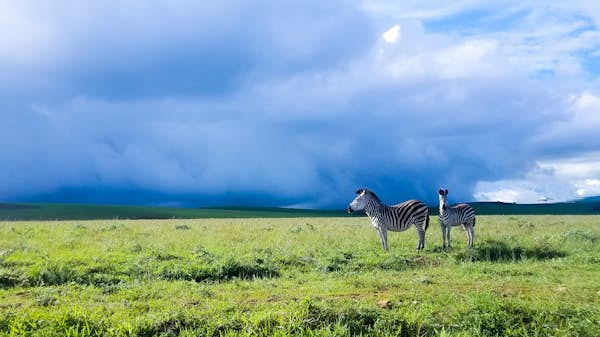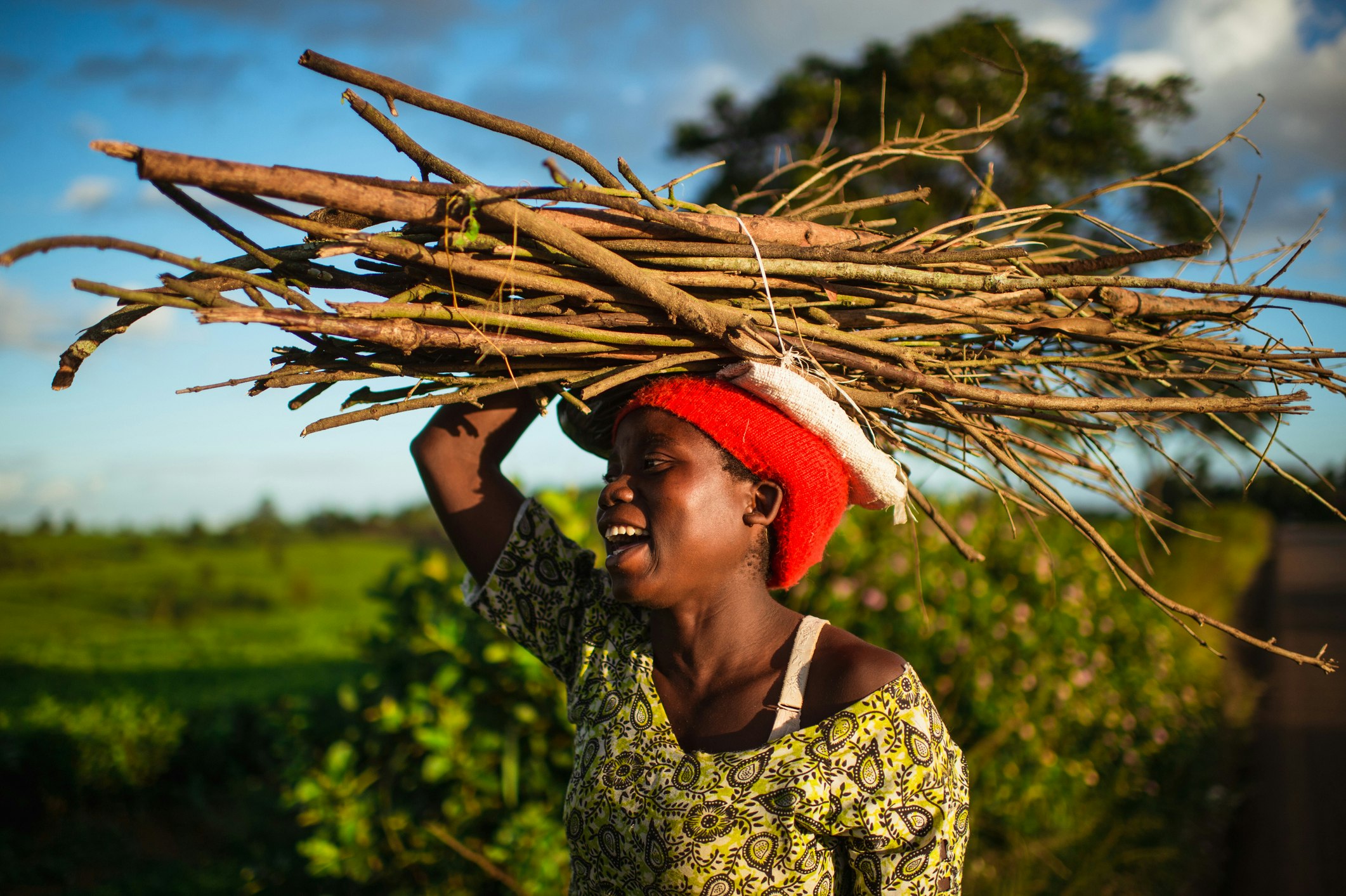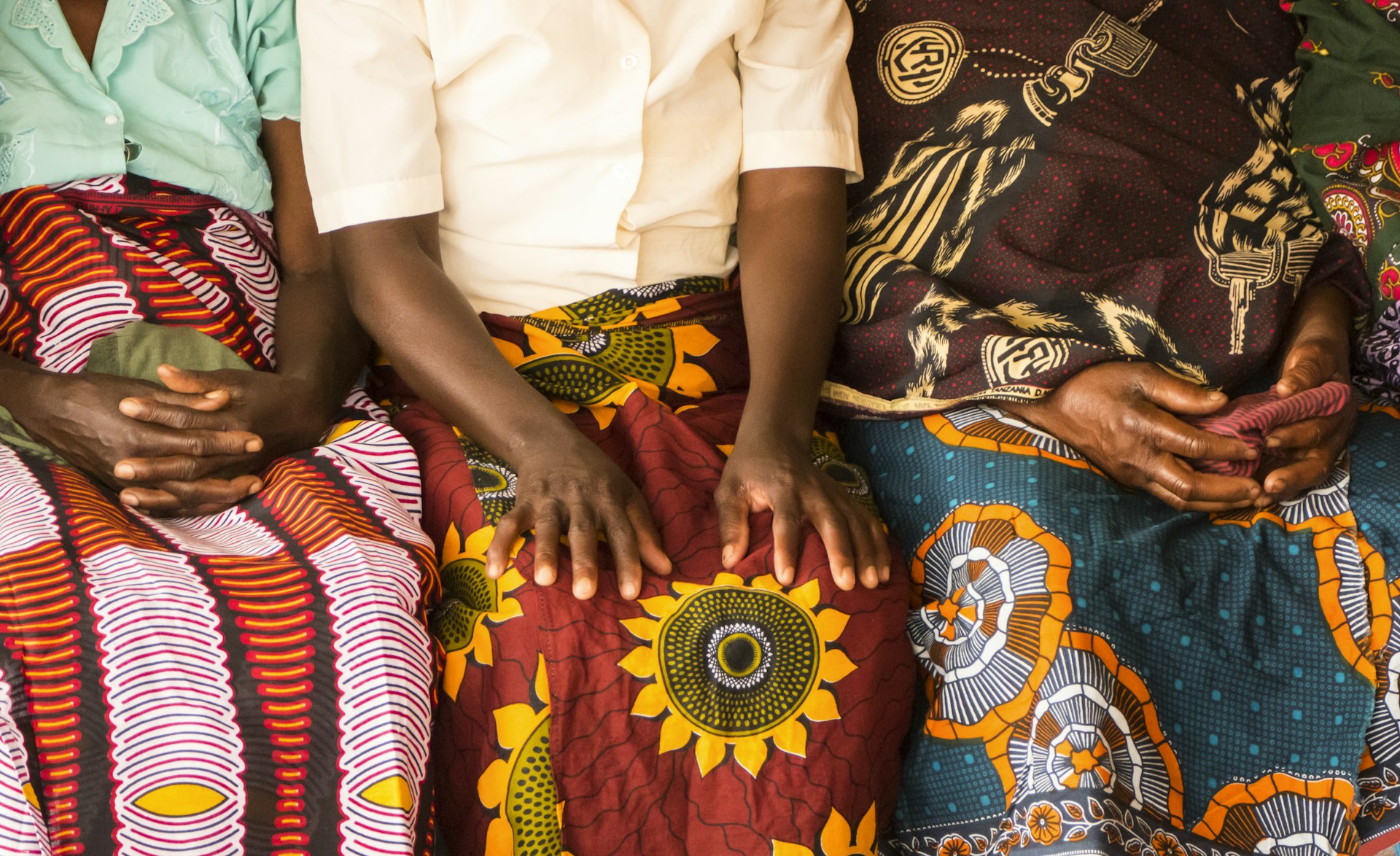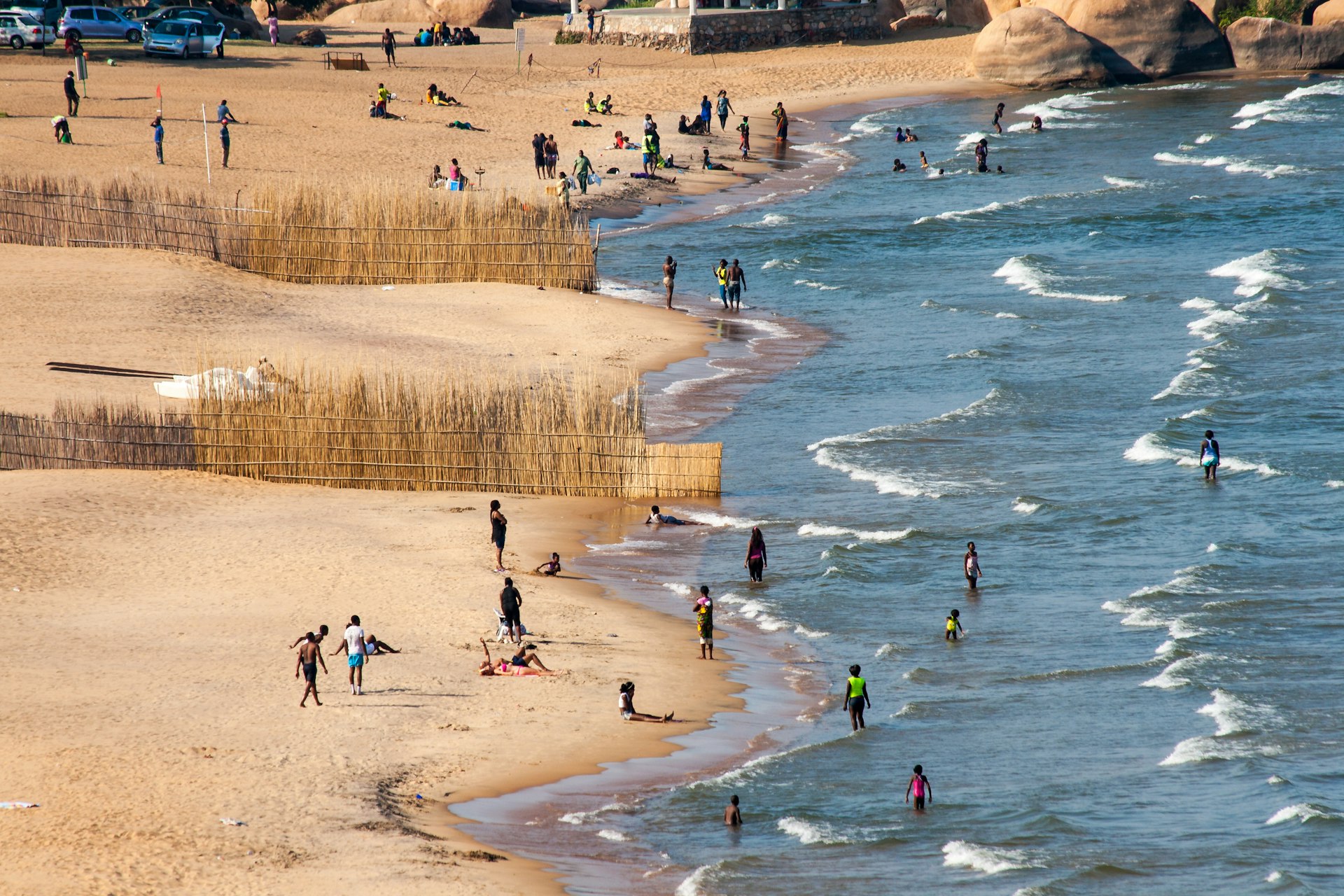
Travelers to Malawi will probably find themselves forming friendships and connections quickly, as Malawians are generally keen to greet and engage with visitors.
This is a developing country, so you may be solicited for money, especially in the towns. A good way to contribute is to find local social enterprises that are working for change and provide either financial support or do some volunteering. Some of the best lodges run projects themselves or can connect you with good programs nearby. If you would like to make a donation for nature, consider the excellent Lilongwe Wildlife Trust.
Here are more things that you should know before visiting Malawi.
Make the most out of every adventure with help from our weekly newsletter delivered to your inbox.
1. The rainy season is best avoided
Pick your time to visit Malawi carefully. The rains come from November through to April and can make some roads dangerous or even impassable. After the rains, the country is at its most lush and beautiful, though wildlife spotting is easier in the hotter months of September and October, when vegetation is sparser.
 Learn some Chichewa phrases so you can greet people in Malawi © iStockphoto / Getty Images
Learn some Chichewa phrases so you can greet people in Malawi © iStockphoto / Getty Images
2. Learn the lingo
Learning a few Chichewa phrases before you go will help smooth your travels and delight your hosts in Malawi. A few good phrases to know are moni (hello), muli bwanji (how are you?), zikomo (thank you) and dzina langa ndi (my name is).
3. Get immunized
Make sure your immunizations are up to date, including Hepatitis A and B, rabies, typhoid and yellow fever. Take your yellow fever document with you, as you may need to show it upon arrival in Malawi. Consult your doctor about malaria drugs, and ensure you leave enough time because you will need to start taking the drugs several days before your arrival in Africa. You may want to bring a mosquito net with you to hang over your bed. You can donate it when you leave the country, perhaps to a worker at your accommodations or to a local school.
4. Take time for greetings
The culture in Malawi is to greet and ask about each other’s health and sometimes also the health of immediate and even extended family. If you can do this in Chichewa, so much the better. People love to talk politics, and often it is the good conversations, full of humor and warmth, that are the abiding experience of Malawian travel.
 A chitenge is a piece of fabric similar to a sarong © Nancy Brown / Getty Images
A chitenge is a piece of fabric similar to a sarong © Nancy Brown / Getty Images
5. Pack modest clothes and buy a chitenge
During the President Hastings Banda years (1966–94), all sorts of sartorial laws were in place, with a ban on flared trousers and women instructed only to wear long skirts, and never pants or shorts. Those days are long gone, and many urban Malawians have a fabulous fashion sense, combining Western street style with Afro-chic. Fabric is affordable and beautiful in Malawi, and local tailors can quickly copy your existing garments or create clothes to your designs.
Malawian culture is different and more conservative in remote villages, where women usually wear a blouse, headscarf and a length of chitenge cloth wrapped around their bodies. You will get a warmer welcome if you dress modestly, covering your chest and legs, particularly so in predominately Muslim settlements. Women travelers can carry chitenge cloth to wrap around their waist or chest for village visits. The cloth is available in any market and makes a great souvenir to take home.
6. Don’t haggle
Malawi does not really have a bargaining culture; many prices are fixed. You may be charged slightly more than a local in the markets, but it’s unlikely that you will be badly ripped off because honesty is a key value in the country, even among people who are scraping only a tiny profit from their goods.
7. The LGBTIQ+ community is not supported
Homosexuality is illegal in Malawi, though this is unlikely to be an issue for foreign travelers. Still, because of the legal situation, open discussion of homosexuality may make Malawians uncomfortable.
8. Get a room
Flamboyant physical displays of affection between couples are not the norm in Malawi and may cause offense.
9. Don’t be tempted by Malawi Gold
Malawi’s cannabis may be a temptation for travelers, but drug taking and possession are illegal and carry punitive sentences.
 A swim in Lake Malawi is one of the great pleasures of visiting this country, but get a test for bilharzia when you return home © erichon / Shutterstock
A swim in Lake Malawi is one of the great pleasures of visiting this country, but get a test for bilharzia when you return home © erichon / Shutterstock
10. Avoid driving at night
The greatest danger in Malawi is likely to be on the roads, where speeding and wildly passing cars are common. Driving at night on the unlit roads should be avoided altogether. When planning your trip, consider using Malawi’s coach system and the lake ferry rather than driving yourself. Hiring the services of a driver/guide also takes the stress out of Malawi travel.
11. Bring a water filter
Malawi does not have recycling facilities, so bring a portable water-filter bottle rather than buying plastic water bottles and contributing to the country’s waste problem. You’ll need to drink plenty of water to stay hydrated in the heat.
12. Use a condom
Rates of HIV in Malawi are high, and the illness has had devastating effects. If you have sex with a new partner, whether they’re Malawian or a fellow traveler, use a condom.
13. Test for bilharzia when you return home
Bilharzia is a parasitic illness carried by freshwater snails, and it’s wise to get a test for this disease six weeks after you return from Malawi. The disease can be picked up if you swim in Lake Malawi, especially in a reedy area. Bilharzia is easily treated, but if left undiagnosed, it can cause fever, rashes, stomach pain and extreme fatigue. Don’t let this put you off swimming in the lake, which is one of the great pleasures of a visit – just be sure to test on your return.



